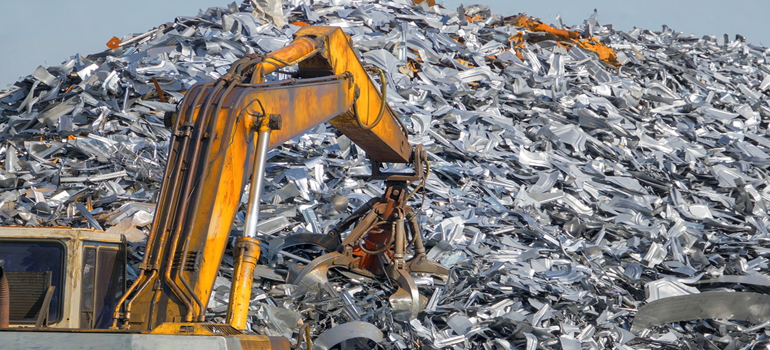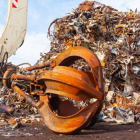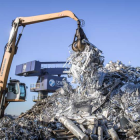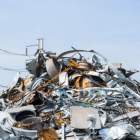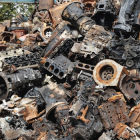Whether you’re a homeowner clearing out your garage or a business looking to offload industrial waste, selling scrap metal can be a great way to make extra cash and contribute to recycling efforts. But it’s not as simple as tossing everything into a bin and hoping for the best.
Many first-time (and even seasoned) sellers lose out on money—or worse, run into legal trouble—because of avoidable mistakes.
Here are the 10 most common mistakes to avoid when selling scrap metal, and how you can do it the right way.
1. Not Knowing What Metals You Have
Before selling, it’s essential to identify the type of metal you’re working with. The most common categories are:
- Ferrous metals – magnetic, includes iron and steel.
- Non-ferrous metals – non-magnetic, includes copper, brass, aluminium, and stainless steel.
🔍 Tip: Use a magnet to separate ferrous from non-ferrous scrap. Non-ferrous metals usually fetch a higher price.
2. Mixing Metals Together
Throwing all types of metals into one pile can reduce their value. Mixed loads are often bought at the lowest rate.
💡 Tip: Separate your metals before taking them to the yard. Label bins or containers to keep things organised.
3. Ignoring Market Prices
Metal prices fluctuate based on demand, global supply, and even currency changes. Selling without knowing the current market rate could mean you’re leaving money on the table.
📈 Tip: Check scrap metal prices online or call local scrap yards to compare.
4. Choosing the Wrong Scrap Yard
Not all scrap yards are created equal. Some offer lower rates or poor customer service.
🛠️ Tip: Look for licensed yards with transparent pricing and good reviews. Building a relationship with a reputable buyer can pay off long-term.
5. Forgetting to Remove Non-Metal Materials
Scrap mixed with plastic, rubber, or wood may be rejected or priced lower due to extra processing needed.
🧹 Tip: Strip wires, remove insulation, and clean items before taking them in. Clean metal = more money.
6. Not Having the Right Documentation
In the UK, it’s illegal to be paid in cash for scrap metal. You must provide ID and payment is made via bank transfer or cheque under the Scrap Metal Dealers Act 2013.
📄 Tip: Always carry valid photo ID (like a driving licence or passport). Make sure the buyer is licensed too.
7. Underestimating the Value of Small Items
Many people toss small bits thinking they’re worthless, but items like copper wires, brass fittings, or even aluminium cans can add up.
💰 Tip: Keep a small container for these and sell them once you have a decent amount.
8. Neglecting Safety
Sorting scrap can be dangerous—sharp edges, rust, and heavy lifting can lead to injury.
🦺 Tip: Wear gloves, boots, and eye protection. Use proper tools and never rush the process.
9. Overlooking Weighing Accuracy
If the yard doesn’t provide clear weighing or a receipt, you could be shortchanged.
⚖️ Tip: Ask for a breakdown of the weights and prices. You can even weigh items yourself beforehand using a home scale for comparison.
10. Not Recycling Responsibly
Selling stolen or suspicious scrap can lead to criminal charges. Also, dumping unsellable material can damage the environment.
🌍 Tip: Always sell to licensed yards and dispose of waste responsibly. Scrap metal recycling should help the planet—not harm it.
Final Thoughts
Selling scrap metal is a smart move—both environmentally and financially. But like any trade, a little knowledge goes a long way. By avoiding these common mistakes, you’ll earn more, stay legal, and build trust with buyers.
💡 Start small, stay safe, and scrap smart!

